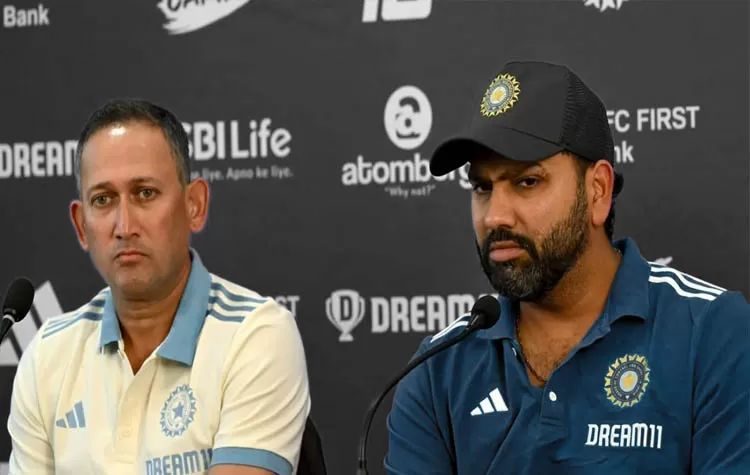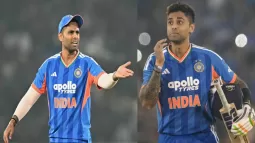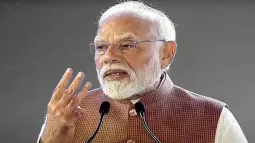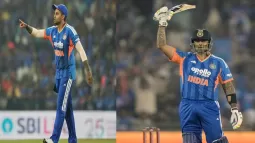
Back-to-Back Matches and Player Fatigue
Team India has been having back-to-back matches with no genuine break. The team shifted from series to series within a matter of a few days. After completing the Asia Cup final, India had played a two-Test series against the West Indies within four days. The team is now in Australia, beginning a T20 series just three days after the ODI series ended.
Seven players from the ODI squad are also part of the T20 lineup. Even though both formats are white-ball cricket, the short gap raises concerns about player fatigue and performance. The BCCI’s planning and workload management are now being questioned.
Player Workload and Injury Concerns
Eleven members of the team that played in the West Indies Test series were added to the ODI team against Australia straight away. Most players, who play across all formats, have been out of home for months. Continuously playing without rest puts additional physical and mental load on them. It also increases the chances of fatigue and injuries.
For instance, Axar Patel, Shubman Gill, and Kuldeep Yadav played seven games in a span of only 20 days during the Asia Cup. Without any break, Gill and Kuldeep headed into the Test series against the West Indies. Subsequently, they flew to Australia for the ODI series without practice matches and time to settle down in new weather conditions.
Now they are beginning a five-match T20 series with just a three-day gap. Players like Gill, Arshdeep Singh, Harshit Rana, Kuldeep Yadav, Nitish Kumar Reddy, Axar Patel, and Washington Sundar are once again included in the T20 team. The busy schedule doesn't provide them enough time to rest, and it is thought that it may affect individual as well as team performance.
Uneven Workload Management
Workload management seems uneven among players. Jasprit Bumrah was rested for two Asia Cup games and missed the Australia ODI series for recuperation. Mohammed Siraj, too, was rested in the Asia Cup. While players such as Suryakumar Yadav, Abhishek Sharma, Varun Chakravarthy, and Shivam Dube were granted a month's break prior to the five-match T20 series.
But there is controversy regarding the way players who play in all three formats are treated. Critics are of the opinion that the team management should keep a better eye on their workload and have standby players ready to prevent injuries. Reacting to the question of whether Shubman Gill could play back-to-back series, chief selector Ajit Agarkar said, "It's okay, he's a boy," and one wonders if the management is not downplaying the long-term consequences.
Impact of Limited Rest on Performance
India recently lost the series of ODIs against Australia 1–2. Important players such as Gill and KL Rahul weren't playing their level best. The sudden shift from the West Indies Tests to Australian ODIs did not give players enough time to recover and get accustomed to new pitch and climatic conditions. Acustomed to Indian pitches, they had to play on Australia's bouncier tracks without practice matches.
Experts feel that this absence took a toll on batting and bowling. Most are wondering why management still takes the risk of losing player form and health when they already know the repercussions. With next year's T20 World Cup, experts reiterate that the BCCI needs to take more precaution with player workloads to prevent burnout and maintain peak performance.













